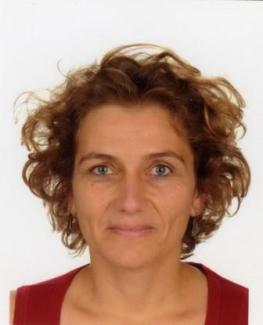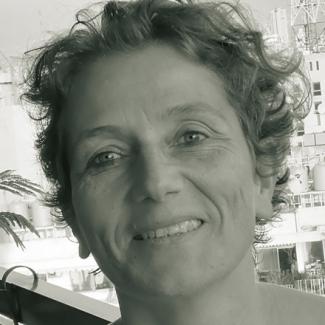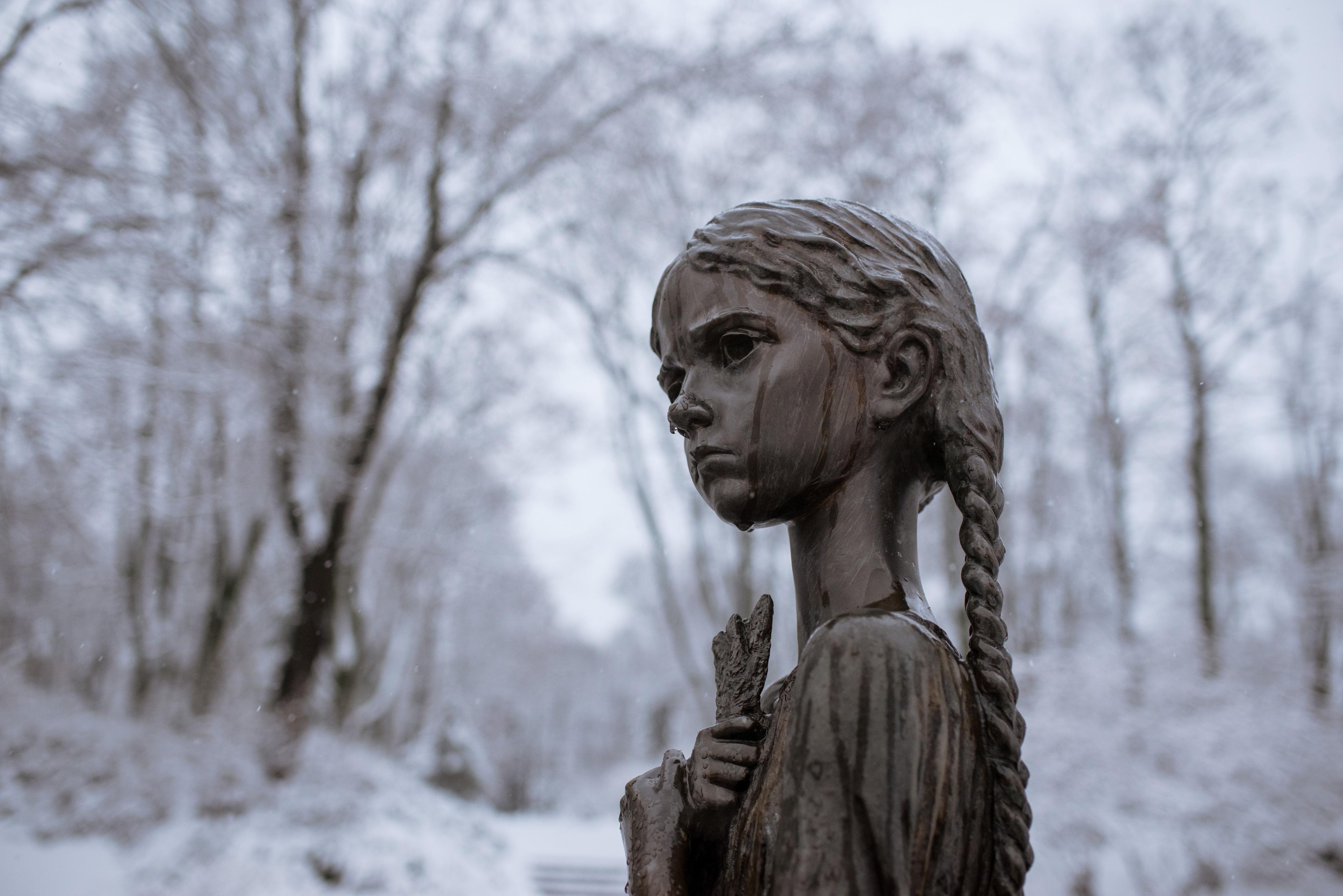Nowadays
A new life

Maryam is holding a piece of cloth, which she embroiders with red yarn. For three days, the 35-year-old has been working on this handbag, decorating it with a colourful flower pattern. Every day except Sunday, Maryam goes to a workshop for needlework in Beirut. She spends her time in a large room, stitching with other women. Maryam, who is from Homs in Syria, can make a living for her family by selling bags, cushion covers and shawls. It makes the mother of seven children proud: "In Syria, I used to embroider as a private pastime. Now I am making money this way."
In May 2013, the organisation Basmeh & Zeitoneeh (in English: a smile and an olive) opened up this handicraft workshop for Syrian refugee women in Beirut. It is led by Um Jihad, a 48-year-old seamstress with long experience. She started stitching at the age of ten, the slender woman recalls. Now she is teaching other women.
The organisation of exiled Syrians provides the women with work material and later buys the finished handiworks which it markets. "Business is going really well, we hardly manage to satisfy all orders," says Um Jihad. Basmeh & Zeitoneeh sells the embroidery on markets in Beirut and even receives commissions from abroad.
Around 100 women work in two shifts. They are originally from different parts of Syria; a few of almost a million of Syrians who have fled to Lebanon since the war broke out. They get help from humanitarian organisations, small sums of money for winter clothing and food, but that is not enough to get by. Syrians who were well off at home suddenly have to cope with stark poverty in Lebanon.
That is the fate of Um Nour, for instance, which is why the 39-year-old primary school teacher is learning to stitch at Basmeh & Zeitoneeh. "In Syria,
I was fine, I was even planning to buy a car. But then we had to flee. I could not take along anything. No suitcase, nothing," the petite brown-haired woman says. In Beirut, the young mother had to start at zero. The money she is making with embroidery is enough to pay her family’s monthly rent, she says.
An end of the war in Syria is not in sight. The refugees in Lebanon and the humanitarian organisations have to brace themselves for a longer stay. Projects like Basmeh & Zeitoneeh, which make a decent life possible and offer a long-term perspective, are very important.
Mona Naggar is a journalist and media trainer. She lives in Beirut, Lebanon.
mona.naggar@gogglemail.com











